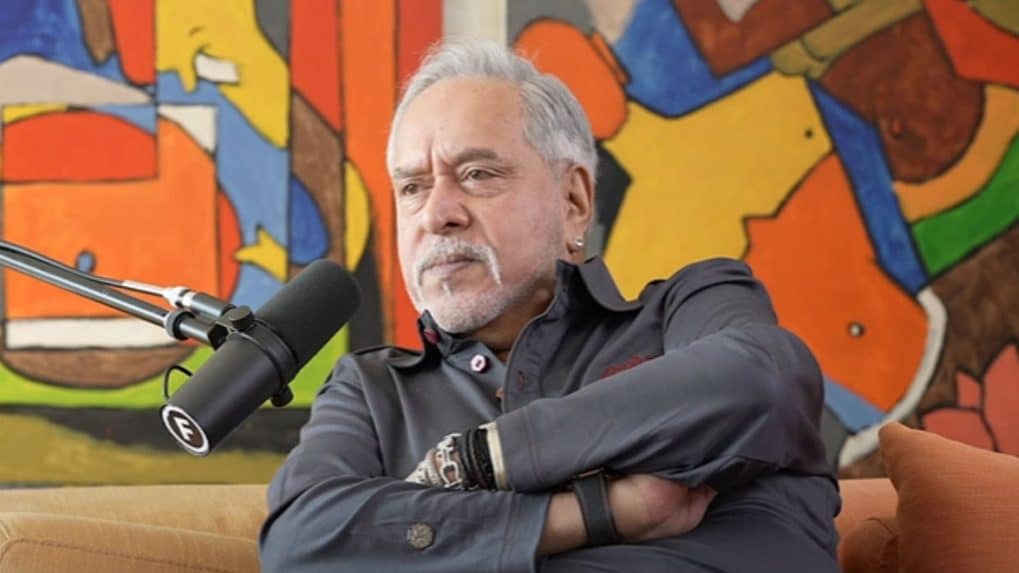Advertising
From Pink Slips to Silent Sidelining: Inside adland’s layoff and anxiety crisis

Business tycoon Vijay Mallya has issued a rare public apology for the failure of his now-defunct Kingfisher Airlines, while firmly rejecting accusations of theft and defending his continued stay in the United Kingdom.
In a candid four-hour conversation with entrepreneur Raj Shamani on a podcast released Thursday, Mallya addressed the controversy that has dogged him for nearly a decade.
"I apologise to everyone for the failure of Kingfisher Airlines," Mallya said, acknowledging the downfall of a company once seen as a symbol of luxury and ambition in Indian aviation.
However, he was quick to add that the circumstances surrounding the airline's collapse were "more complex than often portrayed."
Mallya, who has been living in the UK since 2016, is wanted in India for allegedly defaulting on loans worth over Rs 9,000 crore taken by Kingfisher Airlines from a consortium of Indian banks. Despite a UK court approving his extradition in 2018, he has continued to contest the decision, citing concerns about fairness and public perception.
In the podcast, Mallya challenged the labels frequently associated with him. "You may call me a fugitive, but I didn’t run away. I flew on a prescheduled visit. Fair enough, I didn’t return for reasons that I consider are valid… so if you want to call me a fugitive, go ahead. But where is the ‘chor’ (thief) coming from? Where is the ‘chori’ (theft)?”
He also hinted at a possible return to India - if certain assurances are met. "If I have a fair assurance of a fair trial and dignified existence in India, I will think about it seriously," he said.
From purpose-driven work and narrative-rich brand films to AI-enabled ideas and creator-led collaborations, the awards reflect the full spectrum of modern creativity.
Read MoreLooking ahead to the close of 2025 and into 2026, Sorrell sees technology platforms as the clear winners. He described them as “nation states in their own right”, with market capitalisations that exceed the GDPs of many countries.